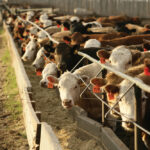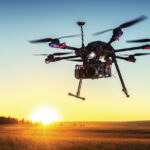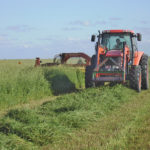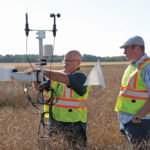
Tag Archives Technology

Opinion: Universal internet helps make food more sustainable
Urban consumers could become great advocates for rural internet

More technology needed for post-COVID agriculture
A silver lining of the pandemic is that it has jump-started agriculture’s digital evolution, observers say

Comment: Right to repair machinery, not modify
Modern farm equipment can be dangerous or easily damaged when improperly modified

FieldView getting into the zone on crop protection
Climate FieldView has expanded its scope of zone-based variable-rate mapping from seed and fertilizer to crop protection products

Video meat inspection moves a step forward
Beef 911: Changes to allow video ante-mortem inspection and on-farm slaughter make good sense

Xarvio Field Manager goes mobile
Field Manager was web based only until recently. Now the company has gone app based

Crop scouting still requires boots on the ground
Imagery helps identify problem areas, but it doesn’t replace the need for field visits

Forage tool aims to make the perfect match
A new online tool promises to tailor forage choices for a producer’s field conditions and planned use

Bovine export in Manitoba goes digital
First users of the pilot suggest it could cut hours off of getting export paperwork together

Evolving technology creating new role for agronomists
New products and new information are changing how agronomists help the family farm


